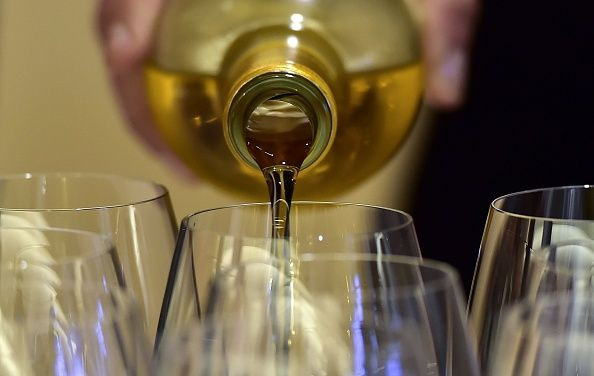Worst Health Myths And Misconceptions That Should Be Debunked

The internet is ripe with information — and misinformation. While it’s easy to research on certain health information or ailment, it’s as easy to fall prey to those that provide unproven claims stated as fact. Here are some of the worst health myths that are alive even to this day and should be debunked immediately.
1. Myth: Specific sexual positions will boost your chances of getting pregnant
About 40% of women reportedly think that lying on one’s back with the pelvis raised will increase their chances of pregnancy. Most also believe that standing up after sex will minimize the chances. Both are myths. According to Yale University obstetrics, gynecology and reproductive sciences professor Dr. Jessica Illuzzi, positioning is not related to pregnancy success. As long as the semen is released, the sperm will find its way into the uterus and the Fallopian tubes, where the egg cell is located.
2. Myth: Stress and lifting heavy objects will cause miscarriages
Miscarriages happen when the union between the sperm and egg cell is not genetically perfect and it is rare that it is due to a traumatic event. However, a 2015 survey shows that 76% think that stress induces miscarriages, while 64% think that heavy lifting will do the same. Scientists also note that having a miscarriage will not predispose you to more in the future.
3. Myth: Caffeine will cause dehydration
Because caffeine is a diuretic, many believe that it will also cause dehydration. This is incorrect. according to a study, you can drink coffee to meet your daily fluid intake requirement. While caffeine is a confirmed diuretic, tolerance to it will also help people stay hydrated.
4. Myth: Plan B causes abortion
Plan B is an emergency contraceptive and is not an abortion pill. It functions three ways: by preventing the ovary from releasing an egg, by keeping the sperm from fertilizing the egg cell or by preventing the fertilized egg from attaching to the uterine wall. Abortion is the termination of a pregnancy and is an entirely different thing.
5. Myth: Drinking alcohol will help you sleep better
Some people think that drinking a glass or two of their favorite red wine or scotch will help them sleep faster. While that part is true, do note that it also means you will not wake up feeling rested and refreshed the next day. Alcohol will put you to sleep but that sleep will be fragmented, so you end up waking up several times in the middle of the night.
6. Myth: If you’re staying indoors, you don’t need to wear sunscreen
Even if you’re inside the house or the car, your skin will still need to be protected. Scientists found that while UVB rays are not able to penetrate glass, UVA rays will and can lead to skin damage that can go all the way to the epidermis. In fact, a 2011 study observed that 52 percent of patients diagnosed with melanoma cancer had theirs on the left side of their body, which could be because cars in the U.S. are left side driven.
7. Myth: You can stop taking antibiotics when you start feeling better
Follow your doctor’s advice to take the prescribed antibiotics until the very last dose, even you start to feel better halfway. This is to ensure that your body has fully recovered from the infection. Finishing your meds will also help prevent resistance to the drugs.
8. Myth: Cracking your knuckles will lead to arthritis
According to Harvard Health, while cracking your knuckles is annoying to the people around you, it will not cause arthritis as is popularly believed. Arthritis is caused by lifestyle and diet factors and has no relation to this habit. However, you should also hold off on excessive cracking as it can obviously lead to injury and reduced grip strength.
It’s hard to un-learn things that we’ve been believing since time immemorial and, worse, has been passed down from one generation to the next. However, science and numerous studies have proven that the ones we’ve mentioned are total myths and should be corrected immediately. Share the love and the information to everyone you can.
© Copyright IBTimes 2024. All rights reserved.





















